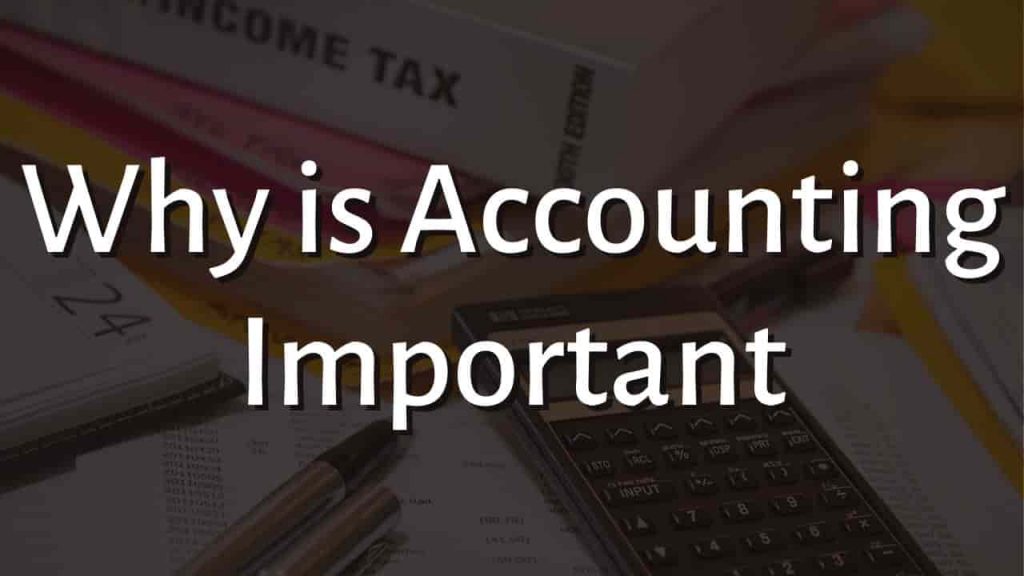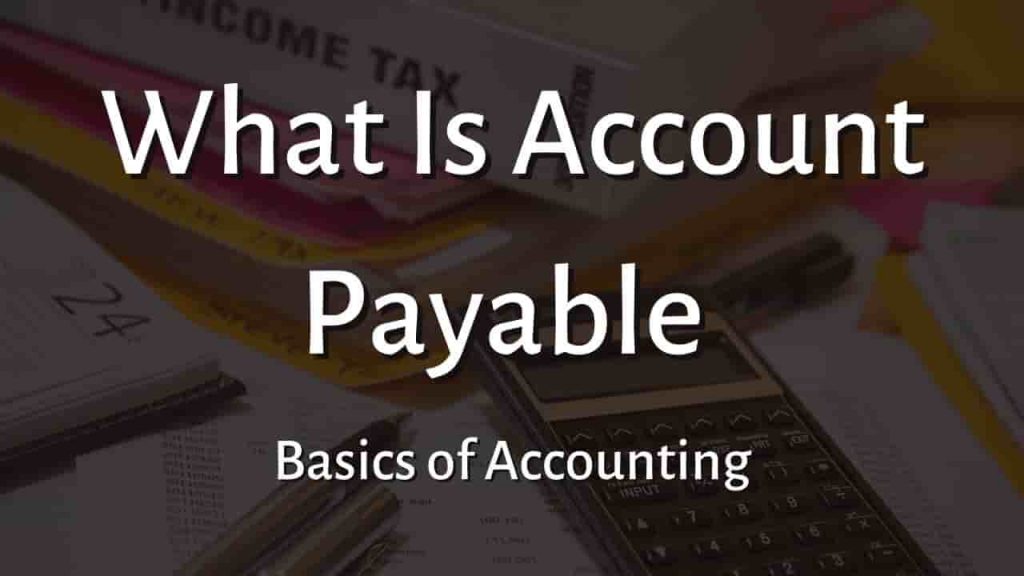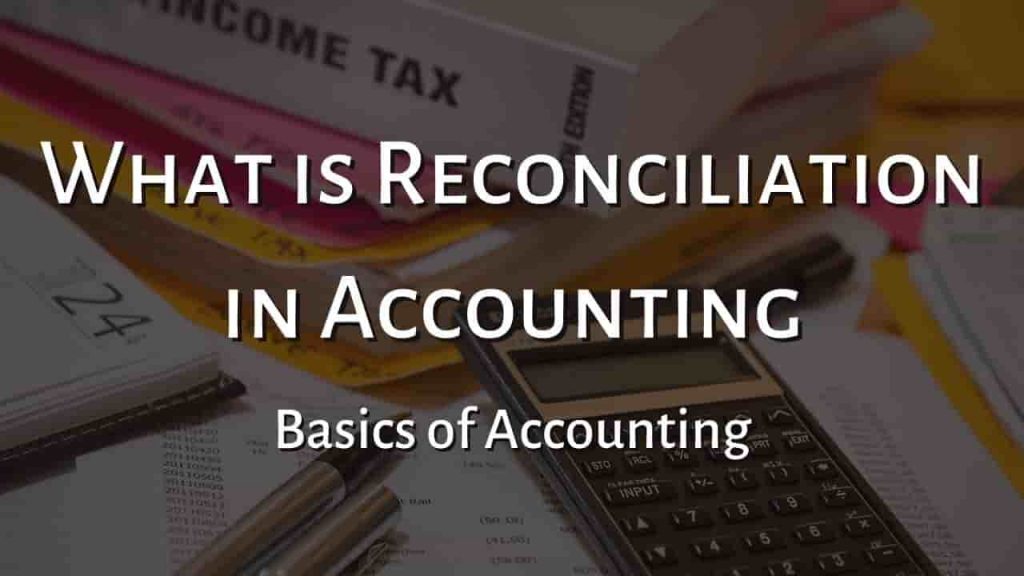Why is Accounting Important?
Accounting is one of the most important subjects in everyday life. People used to keep real chequebooks to track their spending and income. While apps and digital tracking software have generally replaced chequebooks, balancing a chequebook makes use of key accounting fundamentals.
Accounting is everywhere in our everyday lives, from tracking expenditures to shopping for food to paying bills. You’ve probably already applied some fundamental accounting principles today.
Why Is Accounting Important to Business?
Accounting is the backbone of a firm in many respects. Its duty is to keep track of a company’s finances in all of its various forms, from credits, debits, and profitability to payroll and tax filings. Analytics and analytical interpretations drive this sector. The data generated by such services give a thorough record of a company’s financial health and stability. Financial reports created from this data may be used to drive a company’s immediate and long-term plans.
The key accounting jobs listed below work together to assist firms toward long-term financial stability, demonstrating the importance of accounting to enterprises.
Accountants: Accountants audit financial documents to guarantee their correctness and to detect inefficiencies. Accountants are also in charge of company tax preparation.
Controllers: Controllers are in charge of a company’s accounting function. Departments range from those directly related to company expenses, such as accounts payable, to those that are peripheral operating costs, such as payroll.
Chief Executive Officers – CFOs: CFOs are executives that examine a company’s financial health and utilize that knowledge to determine current and future growth plans.
What is the Purpose of Accounting?
Accounting is frequently referred to as “Business Language.” It is a method of transmitting financial information to various users in order for them to make decisions.
Accounting’s primary goals are as follows:
Transactions Recording
Accounting’s principal function is to keep a systematic, accurate, and full record of all financial transactions in an organization. These records serve as the foundation of the accounting system. When necessary, business owners should be able to recover and evaluate transactions.
Planning and Budgeting
Business leaders must plan how they will distribute their limited resources, such as manpower, machinery, equipment, and cash, to achieve the company’s goals.
Budgeting and planning, an important component of company management, allow firms to prepare ahead by predicting demands and resources. This aids in the synchronization of various organizational parts.
Help to Make a Decision
Accounting helps owners set rules to improve the efficiency of corporate processes and supports a variety of decision-making processes. Accounting-based choices include the price to be paid for items and services, the resources required to manufacture these products and services, and financing and business prospects.
To Analyze Business Performance
Accounting reports may be used by business owners to gauge how well their company is operating. Financial reports are a dependable method of assessing important performance indicators, allowing business owners to compare themselves to prior performance as well as rivals.
Financial Status
The financial statements prepared at the conclusion of the accounting cycle show a company’s financial situation at the moment. It displays the amount of capital spent, the number of funds utilized, the profit and loss, and the number of assets and liabilities of a firm.
Liquidity
Mismanagement of funds is one of the main causes of small business failure. Accounting aids in establishing a company’s liquidity, which refers to the cash and other liquid resources available to pay off financial obligations. The data decreases the danger of bankruptcy by detecting inefficiencies.
Financing
Accounting assists company owners in preparing historical financial records as well as financial predictions that may be utilized when asking for a loan or getting investment for the firm.
Control
Accounting assists to avoid losses caused by theft, fraud, mistakes, damage, obsolescence, and mismanagement by implementing different checks throughout the firm. Internal controls protect the company’s assets and prevent long-term losses.
Legal Requirements
Businesses are required by law to keep an accurate financial record of their transactions and to disclose the reports with shareholders, tax authorities, and regulators. In addition, financial statements and information are necessary for indirect and direct tax filings.
Why Study Accounting?
Individuals researching why accounting is essential may also wonder, “Why study accounting?” Consider the following reasons for pursuing a profession in accounting.
Important Business Field
Accounting is used by practically every business since every organization needs to maintain track of its money. The occupation’s steady expected job growth, as well as the number of practising accountants in the United States, demonstrate the importance companies place on this profession. According to the BLS, there are 1.4 million accountants and auditors working in the United States in 2020.
High-Paying Jobs
According to the BLS, the typical annual wage for accountants and auditors is significantly above average, and an advanced degree can enable accountants to enhance their earnings. In 2020, the median annual salary for accountants and auditors was $73,560, with the top 10% earning more than $128,680. In comparison, the median annual wage for all jobs tracked by the BLS in 2020 was $41,950.
A Changing Profession
Technology advancements have radically transformed many parts of the business, including accounting. Real-time data, virtual conference sessions, smartphone applications, and developing accounting software have allowed accounting activities to become more efficient and even automated.
Many manual data-entry parts of bookkeeping have been rendered obsolete by emerging technology, allowing accounting professionals to devote more time to complicated tasks such as evaluating and projecting financial data.
How Can an Accounting Degree Benefit You?
Even as accounting gets more technologically advanced, the accountant’s position will remain in high demand. According to BLS employment indicators, demand for trained accountants is not predicted to decline. While the bright employment market makes accounting a wonderful option, the flexibility of prospective options in the area can make a career in the profession appealing in ways other than expected job growth.
We also have:
Generally Accepted Accounting Principles (GAAP)
For more click here and if you are looking for full forms of different acronyms and words then check out this list you really gonna find this helpful. We also have an Essay on every topic, Check the complete list here. If you are Studying in Matric Free Video Lectures of Maths, Physics and English are here, and we have got you covered for I.COM Business Maths also.







